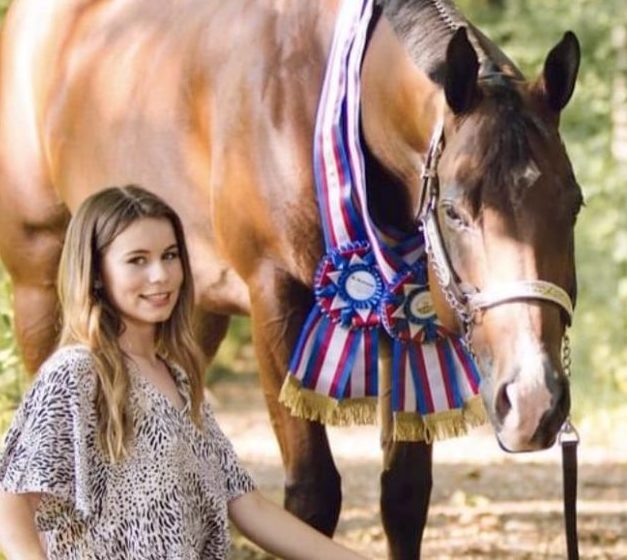We’ve already examined what top amateurs and trainers sacrifice to be successful, but what do successful youth riders sacrifice to find and maintain success in the show pen?
We spoke to talented youth exhibitors, including Congress, World and Reserve World Champions Emma DeJong, Bella D’Onofrio, Grant Mastin, and Novice APHA Champion Asia Reich, to get their take on what youth riders must be willing to sacrifice to find success in their division.
Again, we found many common themes, and we have broken them down into the following five categories: Other Extra-Curricular Activities, Social Life, School, Bad Attitudes, and Sleep.
Other Extra-Curricular Activities
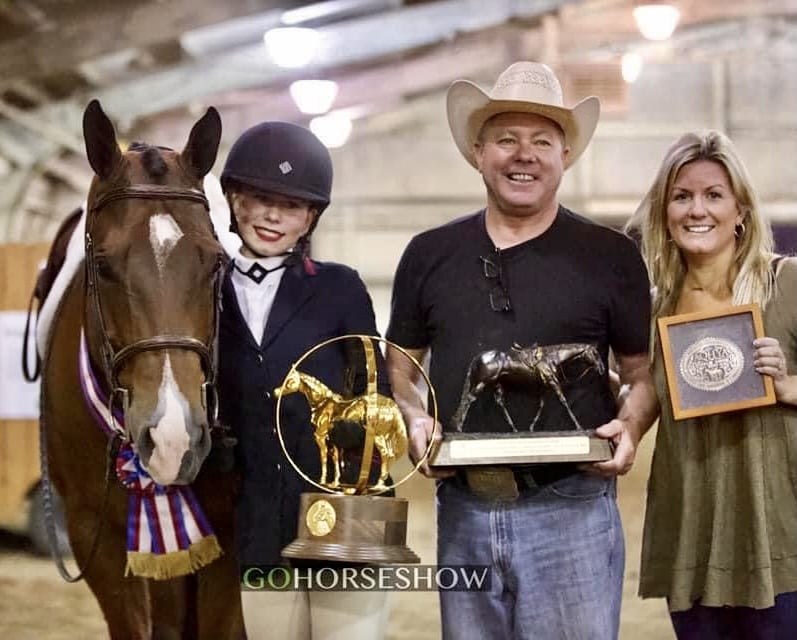
Showing horses at a top level is a time-consuming hobby. The necessary investment of time often makes it difficult for youth riders to find time for other extra-curricular activities outside of school.
Emma DeJong, who competes with her horse, Just Call Me Lazy, participated in various activities like basketball, softball, soccer, gymnastics, and ballet and then transitioned solely into horses in seventh grade.
According to DeJong, there was not enough time to participate in so many extra-curricular activities, so she decided to put all her efforts into horseback riding once she reached seventh grade.
Youth sports are becoming more specialized at younger ages, with time commitments becoming more and more demanding. The horse showing industry is no exception and, while a trainer is a major component in preparing a horse, there is no better way to prepare for a show than actual time in the saddle.
According to Asia Reich, who competes with her horse, Make It A Double Plz, “Before I got into horses, I was really into dance and soccer. And then, when I started riding at ten, I did a month of all three activities, and it became clear that I couldn’t manage everything. So, I had to choose two activities, and I chose horses and soccer.”
Reich says she was able to manage both horseback riding and soccer when she showed locally. “Once I started showing Paints competitively, then I needed to give up soccer because I didn’t have the time for both, and I really wanted to show my horse,” she said.
Reich reports that she rides her horse five days per week; 1-2 of those rides are under the guidance of Amber Duckett (Double A Performance Horses), for a total riding time of 10-15 hours per week minimum.
Social Life
The time commitment involved in showing horses also results in many youth riders sacrificing elements of their social life in favor of time with their horse.
D’Onofrio, who shows N A Heartbeat and her new horse, Whata Moonlite Ride, reports that she’s “missed many sleepovers, hangouts, and birthday parties, as well as holidays with family while away at horse shows.”
To compensate for the time away, D’Onofrio’s family tries to celebrate family events the weekend before or after a show to ensure they don’t miss out on important family time.
Reich states that she’s more “naturally introverted, so I didn’t find this to be as huge of a sacrifice for me. However, particularly this year, I’ve been invited on trips with friends that I haven’t gone on because it conflicts with a big horse show.”
Mastin, who competes with his horse, Hand Made Machine, admits that he has “had to miss friends’ birthdays and other get-togethers due to conflicts with horse shows.”
However, he doesn’t believe this has been a total loss saying, “I don’t feel that my social life is lacking because I consider horse shows to be a big social event for me.”
Mastin has made an entire group of friends through horse showing that he wouldn’t have met otherwise and he enjoys spending time with these friends and fellow competitors at shows.
School
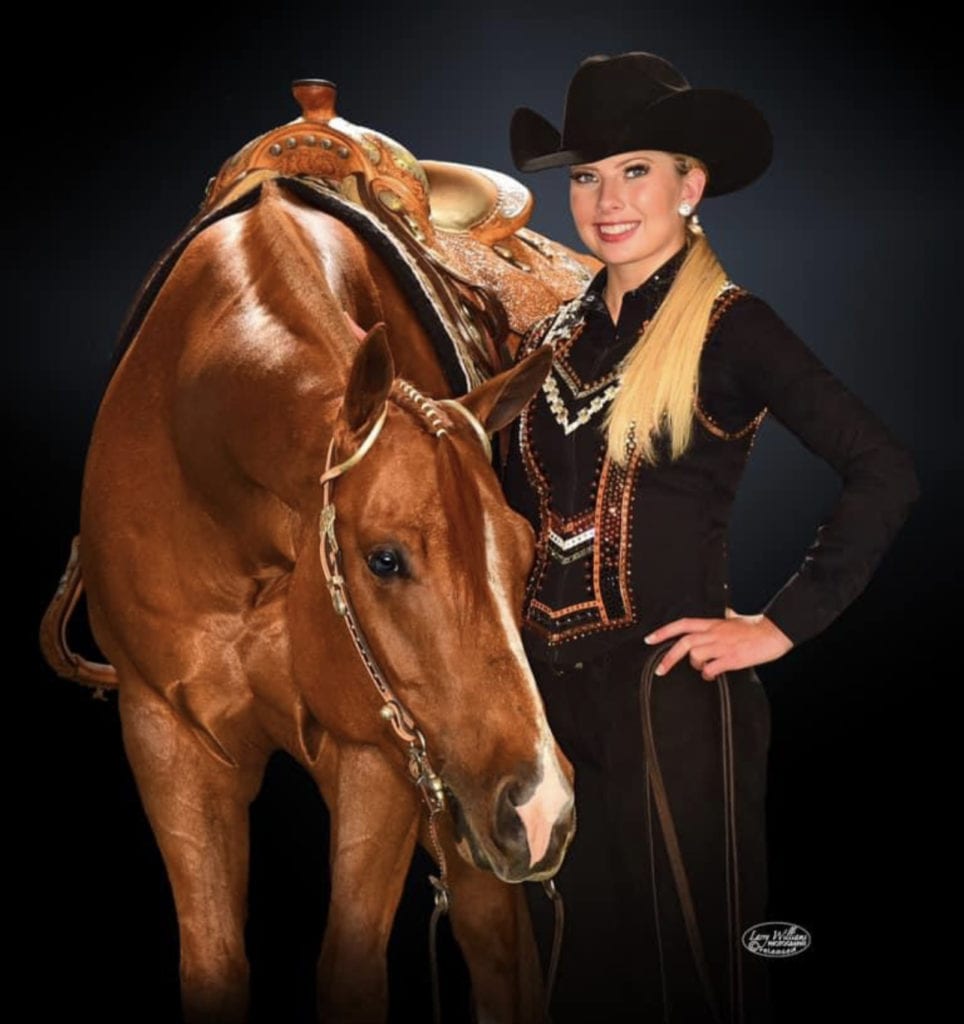
While studies have shown that extracurricular activities often boost a young person’s performance in both school classes and on standardized tests, particularly time-consuming hobbies can also result in missed studies and classes due to competition. This is especially true for horse showing, in which the large spring and fall shows cause students to be absent for classes or important school events.
According to Reich, “It can be difficult to manage both showing and school because sometimes you have to miss school for a show (especially the fall shows like APHA Nationals). So, I’ve found it difficult to make up for some of that lost time. In addition, I’ve missed picture days and test prep days due to horse shows.”
In fact, at the time of her interview, Reich was showing at the APHA World Show. Unfortunately, she missed her Boise State University Orientation and class selection time to attend the show, resulting in her getting less favorable class times and professors.
Mastin reports that he is “lucky to live in Ohio because he’s able to go back and forth between the Congress and school,” which allows him to limit time away from school.
However, he has still had to miss classes to show and is thankful that his “teachers have been great and accommodating to allow me to get necessary work done, while enjoying my hobby at the same time.”
Mastin advises other youth riders to go the “extra mile” in getting work from teachers and working hard on those assignments so that teachers are more understanding and accommodating of the time investment necessary to ride and show at a top-level.
DeJong decided to transition out of public school. So in February 2020, she transferred to Indiana Agricultural & Technology School – an online school that includes a once-weekly, in-person experience that focuses on agricultural learning.
According to DeJong, “I wanted to be able to go to more horse shows, which is my passion, but found I was missing out on too much school, and it was becoming difficult to keep up.”
DeJong and her family decided to switch to online-based schooling, which has given her a more flexible schedule so that she does not have to miss class to be fully immersed in the horse show world.
Despite a busy show schedule, DeJong can easily keep up with her studies now that she can complete them in her own time on weekends, evenings, and between shows.
Bad Attitudes
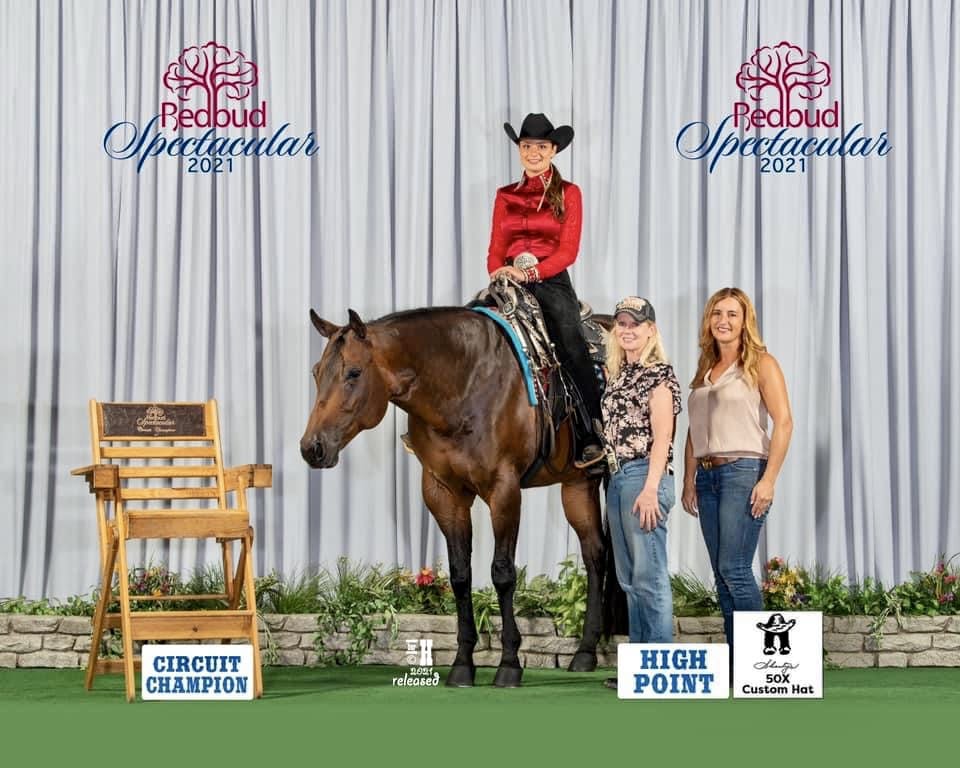
Successful youth exhibitors report the need to sacrifice bad attitudes to remain successful in the show pen. This can be easier said than done, as it is difficult for adults to manage unmet expectations, despite having better coping mechanisms than younger riders.
Mastin reminds his fellow youth exhibitors, “It is important to keep a positive attitude, because no matter what kind of ride you’ve had, there is always something good you can take away from it.”
That said, he admits he is a “competitive person, so sometimes it’s hard not to be upset about a tough ride. But I really make it a point to have a good mindset, regardless.”
Mastin has been upset by mistakes in classes like Western Riding and Trail that have ruined an otherwise flawless ride, and to keep a good attitude, he says he focuses on the great moments of the ride and works to improve what didn’t go as great.
D’Onofrio believes having a good attitude is important to setting the right example for others and ensuring you don’t bring your own team down with your struggles. “People are watching all the time, and you’re setting an example to them of the type of person you are. You can have your moment of frustration privately, but try to keep a positive attitude as best as possible.”
D’Onofrio also reminds herself that her attitude can affect her friends and family, and she doesn’t want to deflate the people she cares about by being upset with a ride.
DeJong reminds her fellow riders to remember why they love the sport when having a tough day. “At the end of the day, you’re spending time with your horse and, if you truly love horses, that’s a win!”
Sleep
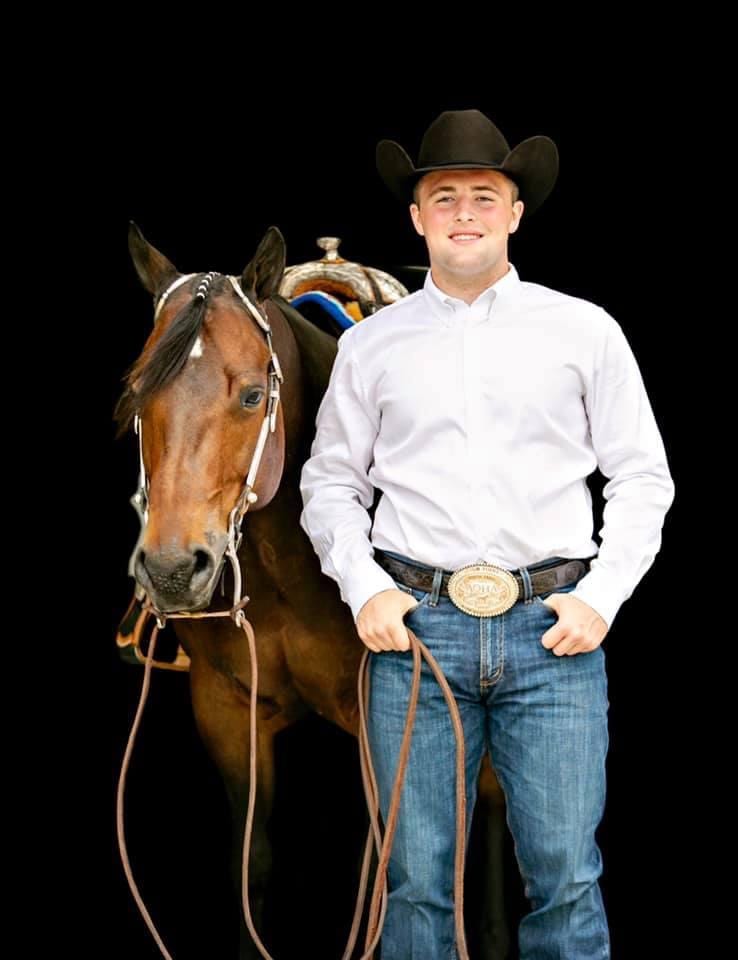
Similar to reports made by both amateurs and professionals, youth riders say that the greatest sacrifice overall in their show career is their time. And while this theme is woven throughout these articles, many youths reported a lack of sleep due to not having enough hours to practice, travel, and complete schoolwork, particularly during big shows.
Mastin states, “There is more to showing than just showing. There is a lot of time that goes into the horse’s care, separate from riding. Because I also participate in football, I often travel to shows at night in the fall or lose sleep coming back from late horse shows and have to go to school early in the morning. Sometimes, I need to practice riding late at night because there just wasn’t time during the day.”
D’Onofrio participates in horseback riding, soccer, and competitive skiing, and she finds that she often sacrifices sleep to participate in her extra-curricular activities. As a result, she finds herself “going to bed late and waking up early to accommodate all her commitments to school and extra-curriculars.”
Concluding Thoughts
According to Warren Buffet, “Successful investing takes time, discipline, and patience.” And if we didn’t know any better, we’d swear he was referring to horse showing.
Showing horses can be an all-consuming passion for many riders. And, despite the sacrifices, everyone we spoke to felt strongly that the benefits far outweigh any sacrifice.
DeJong believes horse showing has given her confidence, admitting, “I guess I’m not ‘normal,’ and I’m okay with that. My heart has led me down a unique path, and it’s where my dreams are. So, I’m okay staying on my own path.”
D’Onofrio agrees, “The friendships I’ve built and memories I’ve made have been so worth any sacrifice I’ve made for riding horses. I am also so very grateful for the sacrifices my family and trainer have made to support me in my dreams.”
Mastin believes his character and ability to overcome difficulties in his life have been shaped by showing horses. In addition, he says his time with his horse has made him a “better, more empathetic person.”
Reich admits, “Horses treat me better than some people – they’re reliable and consistent in my life, and I absolutely love them. They make me happier than anything else, and it is my dream to become a trainer someday.”
Showing horses at a top level requires a major investment of time, money, effort, patience, and care. However, whether you are an amateur, trainer, or youth rider, the joy of the win (either in the show pen or reaching a personal goal) is well worth all of it.
Click here for part 1 of this series, “Sacrifices Successful Exhibitors Make to Get to the Top…and Stay There: Part 1 – Amateurs.”
Click here for part 2 of this series, “Sacrifices Successful Exhibitors Make to Get to the Top…and Stay There: Part 2 – Trainers.”


